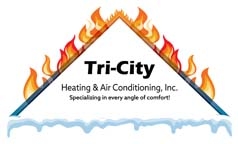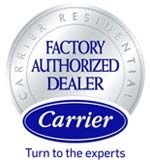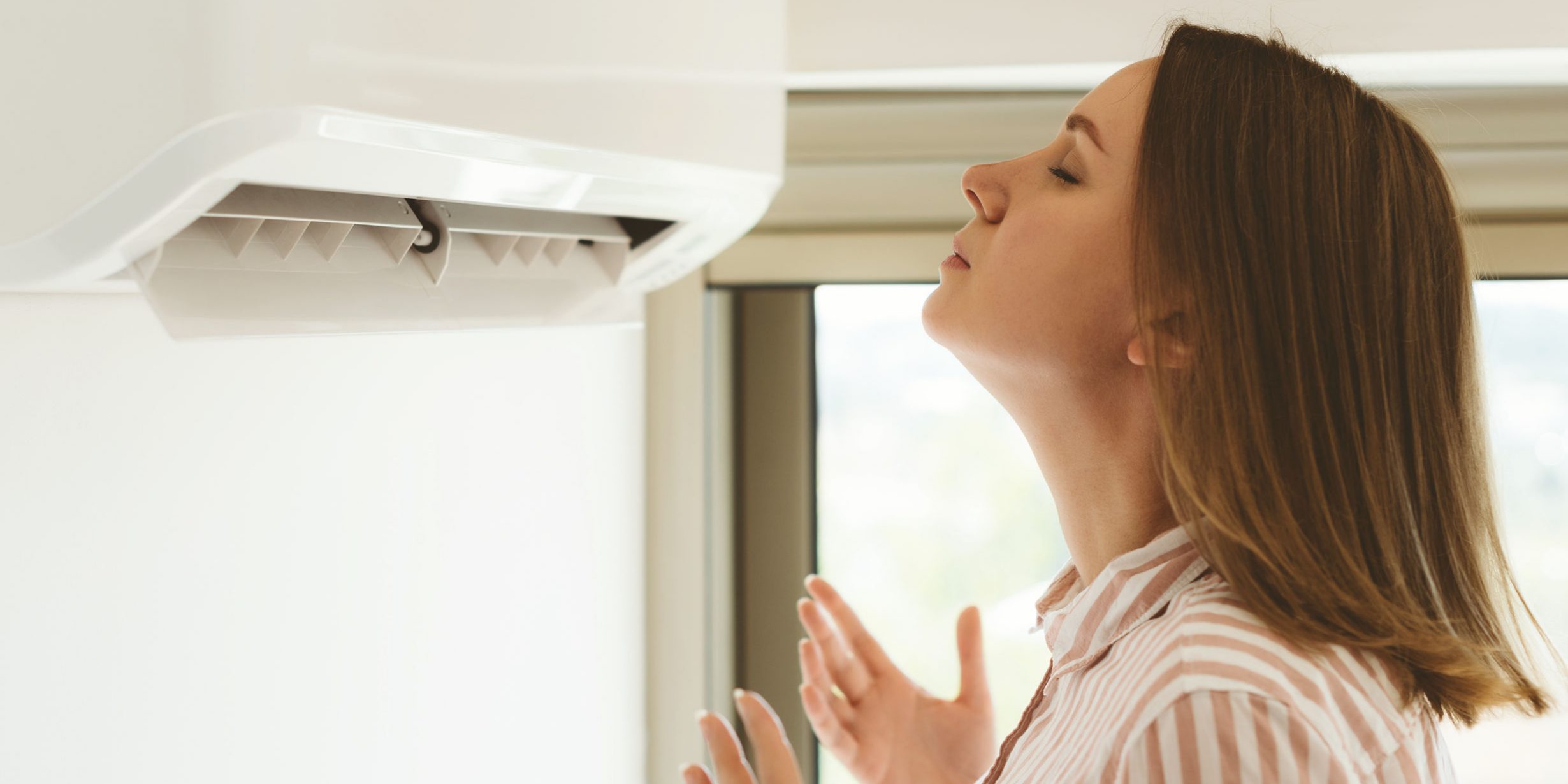When an air conditioner malfunctions, it can only go one of two ways: Either it’s something serious or just a blown fuse or a tripped circuit breaker. Regardless of which situation, many factors can cause an air conditioner to stop working properly or stop working totally. Most of these issues are attributed to poor (or lack of) maintenance.
While some problems require a professional to repair them, others can be solved with a little troubleshooting. Listed below are the five common AC problems along with their respective solutions that you can try so you could check if the problem is easy enough to fix on your own or if you need to call for an air conditioning service.
AC Won’t Turn On
Possible causes
- A blown circuit breaker or fuse
- Malfunctioning thermostat
- Off internal switch
Possible solutions
- Make sure the condenser is running.
- Check the switches around the unit, and make sure they are set to the “on” position. This includes the external safety switch, which is usually located near the condensing unit. Also, make sure that the unit is plugged in.
- Check if it’s receiving power from the electrical panel.
- Reset the circuit breaker or check the fuse. If it’s blown, replace it.
- Check your thermostat settings. Make sure it’s set to “cool.” Also, try to lower it by 5 to 10 degrees and see if that fixes your problem.
- A sensor on the condensation overflow tray turns the unit off when it collects excessive water. Check this tray, and drain it if it has collected water.
AC Turns On But Isn’t Cooling
Possible causes
- Something is blocking the airflow in the system. This could be anywhere from the compressors, filters, and registers.
- Low refrigerant levels could also be another culprit. When this happens, it can cause the evaporator coil to freeze, making the whole system unable to remove the air’s heat and humidity.
Possible solutions
- Check if your thermostat is working fine.
- Inspect the condenser and check for any blockage like tall weeds or any other debris. Clean and remove blockage as necessary from the outside unit. The condenser coil is responsible for discharging the indoor air’s heat and releasing it outside of your home. If the coils are dirty or blocked, there will be no proper heat transfer, making your unit work harder than usual, reducing its lifespan.
- Pull out your filter, and check if you can see through it. If they’re dirty, clean them or replace them, especially if it’s already been more than three months since the last filter change. If you have pets, change your filter more frequently. Dirty filters restrict the air to the evaporator coil, which then could freeze. On top of that, according to Energy.gov, regular cleaning and replacement of air filters can lower your air conditioner’s energy consumption by 5-15 percent.
- Check to see if ice has formed on the coils. To thaw them out quickly, turn the fan on for a few hours.
- Suppose your air conditioner is still not cooling air even after trying the steps mentioned above. In that case, you will need to contact a professional because you might have a problem with your compressor or refrigerant.
Poor Airflow Circulation – Some Areas Of Your Home Are Warm
Possible causes
- Dirty air filter
- There’s an improper flow of air through your ducts, possibly caused by a blocked, crimped, or disconnected ductwork. This rarely happens, but if it does, it’s usually caused by rodents. The air ducts carry the cool air that returns to your system. If there’s a tear in the ductwork, the cool air will escape inside your walls, thus causing the poor airflow in your home. This poor airflow then causes some parts of your home to feel warmer, making your system work harder and increase your electric bills.
Possible solutions
- Check the air filter for dirt. Clean it or replace as necessary.
- Inspect the ductwork and make sure that it is connected. Suppose it’s damaged, set up an appointment for an air conditioning service. Fixing it with duct tape can only go so far. You’ll have to need a more permanent fix.
- Check to see if the register dampers on vents in the rooms are set to an open position.
Low Efficiency
Possible cause
- If you notice that your air conditioner is not efficiently cooling your home, the culprit may be a low refrigerant level. Either it was undercharged during installation, or it leaks. If the refrigerant level is not right, heat and humidity cannot be removed from the air efficiently
Possible solution
- Unfortunately, when you have a low refrigerant level, you can’t just recharge it yourself. This symptom could be a sign of a bigger problem, which is most likely a leak. You will need to call a qualified HVAC expert to repair it.
Noisy System
Possible causes
- Dirty fan motors. Your air conditioner system comes with a fan that blows indoor air onto the evaporator coil, which then cools the air. Meanwhile, another fan blows air over the condenser coil to release the heat from your home, going outside. The fan motors could collect dirt and debris over time, which might cause the noise.
- Worn belts or deteriorating bearings of the fan motors can also be the culprit.
Possible solution
- This is also one issue that you can’t DIY. If you detect noise while troubleshooting your air conditioner, you need to call an HVAC professional.
When you have a basic understanding of your unit’s parts, that’s already half the battle won. All you need to do now is to apply that knowledge to clean and maintain your air conditioner. Proper maintenance is your best defense against serious air conditioner problems.
That being said, there may come a time that an AC issue could be more than you’re capable of handling. For this, you need to seek out a professional in air conditioning repair. If you’ve already done the basic troubleshooting steps mentioned above, and the problem still exists, consider calling Tri-City for your air conditioning service. Aside from their credible service and precise work, they’re also a Carrier Factory Authorized dealer. That’s the kind of credential you can never ignore when it comes to AC services.















I found it interesting when you said how there are only two possible outcomes when an air conditioner breaks down: either it’s something terrible, or it’s only a blown fuse or tripped circuit breaker. We anticipate utilizing our furnace to keep the building warm throughout the chilly months, so once spring arrives, I was considering scheduling periodic maintenance. From now on, I’ll have this in mind while I hunt for an air conditioning repair to contact for maintenance when the occasion arises.